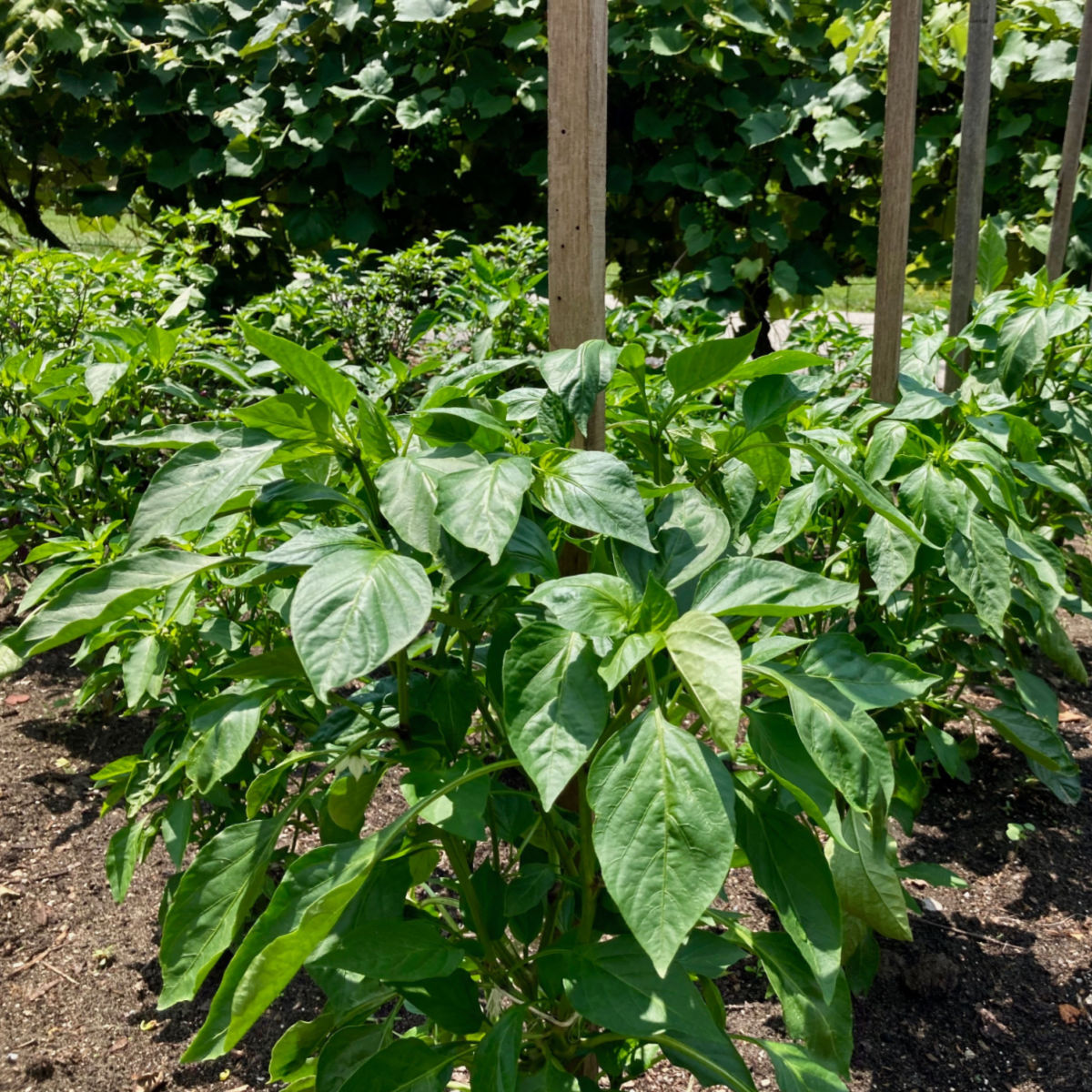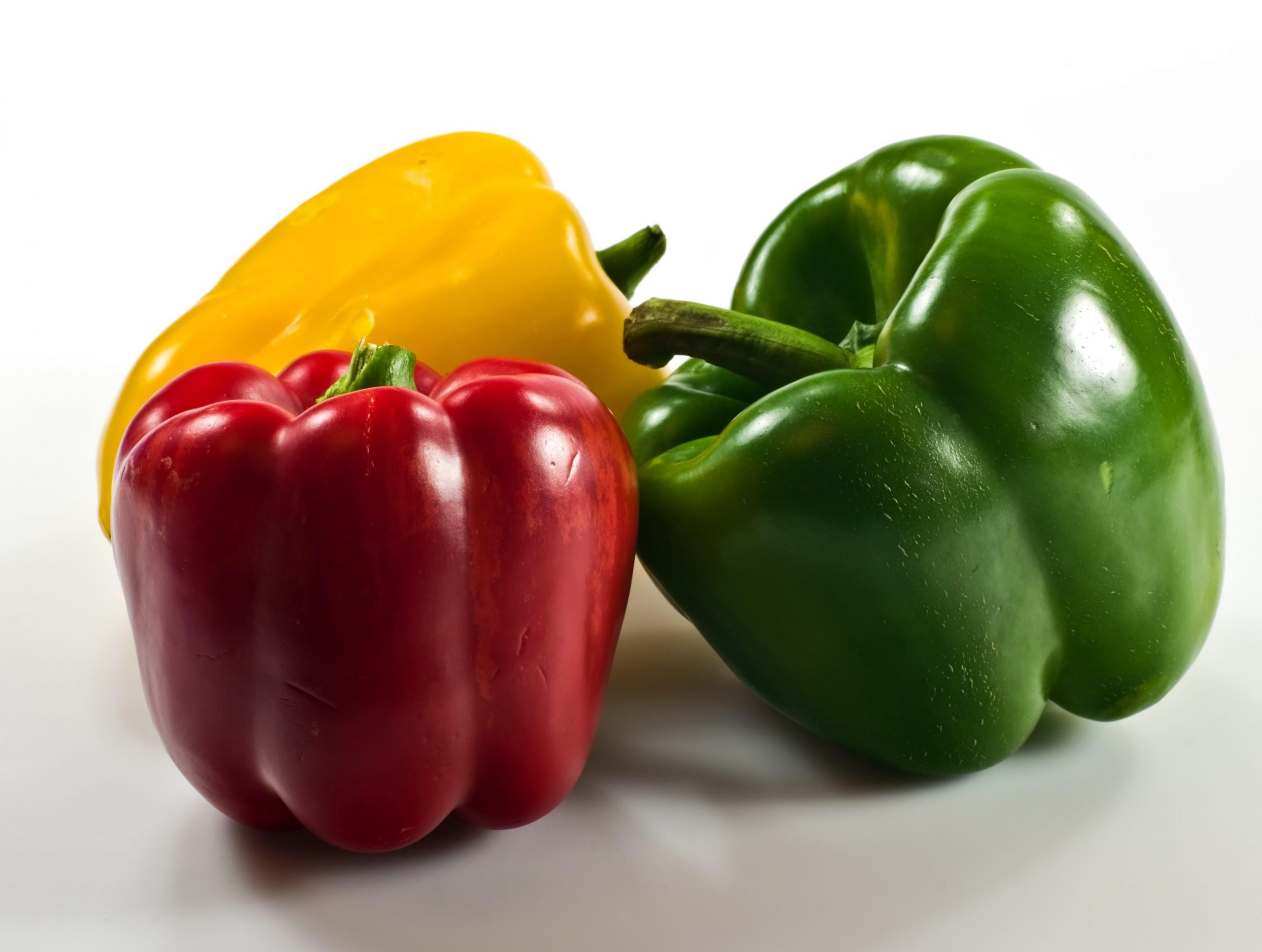Check Out the Best Fertilizers for Peppers and Enhance Your Garden's Yield
Check Out the Best Fertilizers for Peppers and Enhance Your Garden's Yield
Blog Article
Organic Vs. Synthetic Fertilizers: Which Is Best for Nurturing Healthy Pepper Plants?
In the realm of nurturing healthy pepper plants, the option between synthetic and natural plant foods stands as a pivotal decision with far-reaching implications. While both options aim to offer important nutrients to support plant growth, the nuances of their influence on the soil, plant health, and the setting trigger a dispute that mirrors throughout the horticulture area. Recognizing the unique benefits and possible pitfalls of each plant food kind is critical for pepper farmers looking for to optimize their yields while maintaining a sustainable and eco-conscious strategy.
Benefits of Organic Fertilizers
Organic fertilizers offer a sustainable and environmentally-friendly technique to nourishing pepper plants, giving essential nutrients without using artificial chemicals. These natural fertilizers are obtained from organic resources such as garden compost, manure, bone meal, and algae, promoting dirt health and biodiversity. Unlike artificial plant foods, organic alternatives release nutrients slowly, making certain a balanced and steady supply for pepper plants to prosper.
One considerable advantage of organic plant foods is their ability to boost dirt framework and water retention. By improving dirt health, natural fertilizers advertise useful microbial task, which assists in nutrient uptake by pepper plants. Additionally, natural fertilizers lower the danger of chemical run-off, safeguarding water resources from contamination and guarding the atmosphere.
Additionally, natural fertilizers add to lasting soil fertility by advertising the growth of helpful soil microorganisms. These organisms assist damage down organic matter, launching nutrients in a kind that is easily available to pepper plants. best fertilizers for peppers. By cultivating a healthy dirt ecosystem, organic fertilizers sustain lasting pepper cultivation methods that profit both plants and the environment
Disadvantages of Artificial Plant Foods
Synthetic plant foods, unlike their organic equivalents, pose various negative aspects when used to nourish pepper plants, affecting both plant wellness and ecological sustainability. One major disadvantage of artificial fertilizers is their propensity to seep nutrients from the dirt rapidly. This quick leaching can lead to vitamins and mineral imbalances in the dirt, creating plants to deal with toxicities or shortages. In addition, artificial plant foods can hurt valuable dirt microorganisms, such as earthworms and beneficial germs, interfering with the dirt ecological community's equilibrium.
Additionally, the overuse of synthetic plant foods can add to water pollution. Excess plant foods not taken in by plants can get rid of right into water bodies, causing eutrophication, where algae blossoms diminish oxygen levels in the water, damaging water life. Furthermore, artificial fertilizers are generally acquired from non-renewable resources, such as nonrenewable fuel sources, adding to carbon discharges and environmental deterioration during their manufacturing.
Nutrient Absorption Contrast
When comparing natural and artificial fertilizers in terms of nutrient absorption, natural plant foods have the benefit of offering an extra balanced and slow-release source of nutrients. Organic plant foods contain a range of macro and why not find out more micronutrients that are not only valuable for the plants but also promote healthy soil microbial activity, which aids in nutrient uptake.
Moreover, natural fertilizers improve dirt framework and water retention ability, permitting pepper plants to access nutrients more efficiently. This improved soil quality helps with root advancement, enabling much better nutrient absorption. Synthetic fertilizers, although originally increasing plant development due to their high nutrient concentrations, may hinder long-term nutrient absorption by derogatory dirt wellness in time.
Ecological Effect Considerations

On the other hand, artificial plant foods, although commonly even more concentrated and instantly available to plants, can have detrimental results on the atmosphere if not used appropriately (best fertilizers for peppers). Their production needs high energy inputs, bring about greenhouse gas discharges and adding to environment change. The overflow of excess artificial fertilizers can infect water sources, leading to eutrophication and damaging water communities.
Ideal Fertilizer Practices for Peppers
When feeding pepper plants, optimizing nutrient uptake and lessening environmental impact are key factors to consider. To achieve this, it is necessary to comply with ideal plant food practices tailored to the certain demands of pepper plants. One essential method is to do a dirt examination prior to using go to this website any kind of plant foods. This test can figure out the pH degree of the dirt and recognize any kind of nutrient shortages, guiding you in selecting the most suitable fertilizer formulation.
Another important practice is to fertilize pepper plants at the correct time. Commonly, peppers take advantage of getting plant food at growing and after that once more when they start to blossom. Over-fertilizing can result in nutrient inequalities and damage the plants, so it is vital to comply with recommended application rates.
In addition, choosing a well balanced fertilizer with an NPK proportion that fits pepper plants' requirements is fundamental. Inevitably, combining natural and synthetic fertilizers carefully can help nurture healthy and balanced pepper plants while reducing environmental effect.
Conclusion

Organic fertilizers offer a lasting and environmentally-friendly technique to beneficial pepper plants, offering crucial nutrients without the use of artificial chemicals. Unlike synthetic plant foods, organic choices launch nutrients slowly, making sure a balanced and constant supply for pepper plants to thrive.
Artificial plant foods, in contrast to their organic counterparts, pose various negative aspects when made use of to nurture pepper plants, affecting both plant health and wellness and environmental sustainability. When comparing synthetic and natural plant foods in terms of nutrient absorption, organic fertilizers have the benefit of supplying an extra balanced and slow-release source of nutrients.Additionally, organic plant foods enhance soil structure and water retention ability, allowing pepper plants to accessibility nutrients extra efficiently.
Report this page